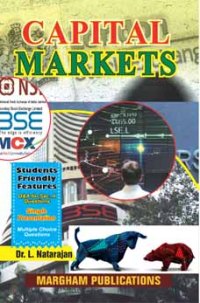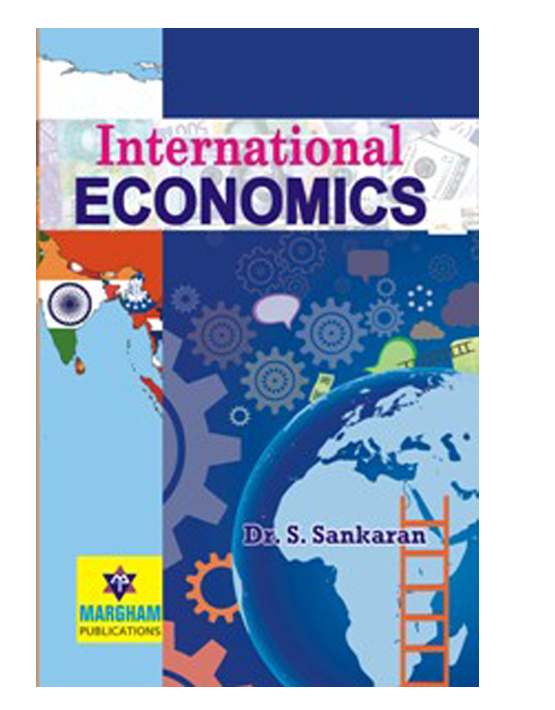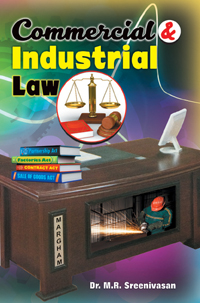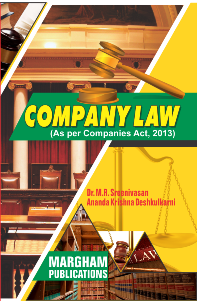Capital Markets - Dr. L. Natarajan
- The Financial System in India
- Global Financial Markets
- Government Securities Markets
- Money Market
- Issues By Companies in India
- Capital Market Instruments in India
- Intermediaries Associated With the Securities Markets
- Role of Merchant Banker in Securities Market
- The Secondary Market (Stock Exchanges)
- Insider Trading
- Dematerialisation
- Role of NSDL and CDSL
- Online Trading
- Clearance and Settlement
- Speculative Stock and Investment Versus Speculation
- Derivatives
- Commodity Exchanges
- Mutual Funds
- The Securities Contracts(Regulation)Act and Securities and Exchange Board of India(SEBI)
- Investors Protection Measures by SEBI
| Book Author |
Dr. L. Natarajan |
|---|---|
| Publisher |
Margham Publications |
| Language |
English |
| For |
|
| Year Published |
First Published 2019 |





















